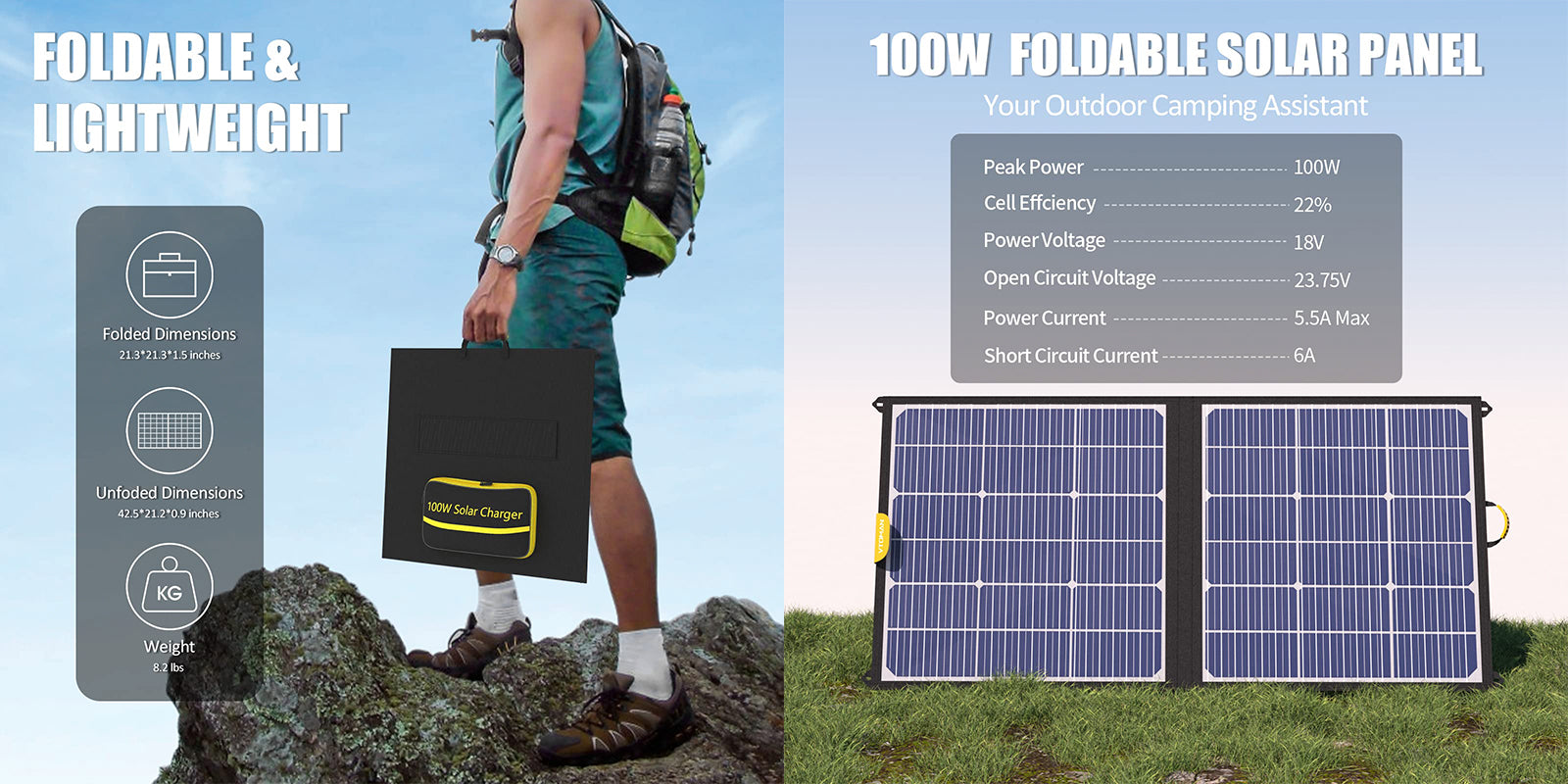RV Solar Panels
RV-ing has become increasingly popular in recent years, offering individuals and families the freedom to travel and explore while enjoying the comforts of home on the road. One of the key challenges for RV enthusiasts is finding a reliable and sustainable source of energy to power their vehicles. Solar panels have emerged as a game-changer in this regard, providing a clean and efficient solution. However, there are several common misconceptions about RV solar panels that need to be addressed to ensure a smooth and hassle-free experience. 
1. The Size and Weight of Solar Panels
One common misconception about RV solar panels is that they are heavy and bulky, making them impractical for RV use. However, advancements in technology have led to the development of lightweight and flexible solar panels that are specifically designed for RV applications. These panels are made from thin-film materials and can be easily mounted on the roof of an RV without adding significant weight or compromising the vehicle's aerodynamics.
For example, companies now offer RV solar panels that weigh as little as 3 pounds per square foot, making them highly portable and easy to install. These lightweight panels are perfect for RV-ing enthusiasts who value convenience and mobility.
2. Insufficient Power Generation
Another misconception is that RV solar panels cannot generate enough power to meet the energy demands of an RV. This is far from the truth. With advancements in solar technology, RV solar panels are now capable of producing ample power to run essential appliances and systems in an RV, including lights, refrigerators, water pumps, and even air conditioning units.
For instance, a typical RV solar panel system can generate around 100 to 400 watts of power per hour, depending on the size and efficiency of the panels. This is more than sufficient to power most RV appliances and devices, allowing RV-ers to enjoy their trips without worrying about running out of energy.
3. Limited Charging Capacity
Many RV enthusiasts believe that solar panels can only charge the RV's batteries during the day when the sun is shining. However, modern RV solar panel systems are equipped with advanced charge controllers and battery storage solutions that allow for continuous charging, even during cloudy or overcast days.
These charge controllers regulate the flow of electricity from the solar panels to the batteries, ensuring optimal charging efficiency. Additionally, RV solar panel systems can be combined with auxiliary power sources, such as generators or shore power, to provide a reliable and uninterrupted power supply, regardless of the weather conditions.
4. Complex Installation and Maintenance
Some RV enthusiasts may be hesitant to invest in solar panels due to concerns about complex installation and maintenance procedures. However, installing RV solar panels is now easier than ever, thanks to plug-and-play systems that require minimal technical expertise.
Most RV solar panel kits come with detailed instructions and all the necessary components for a hassle-free installation. Additionally, maintenance requirements for RV solar panels are minimal. Regular cleaning and inspection of the panels to remove any dirt or debris are usually sufficient to ensure optimal performance.
By debunking these common misconceptions about rv solar panels, we hope to encourage more RV enthusiasts to embrace this sustainable and cost-effective energy solution. RV-ing made easy with solar energy is not only environmentally friendly but also offers the freedom and flexibility to explore the world without limitations. References
|